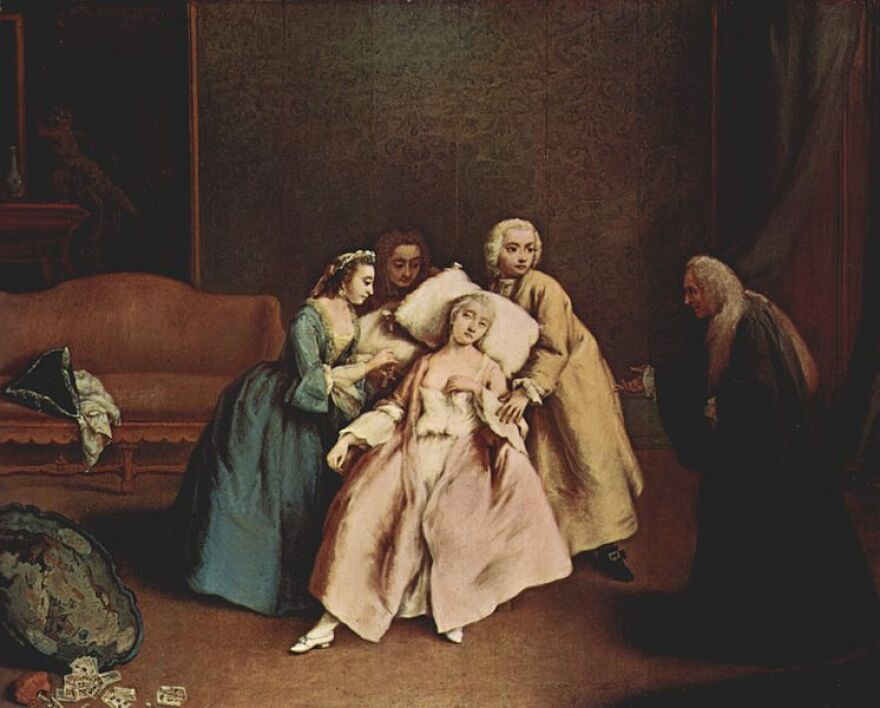The word “drama” has recently gained a new definition.
Referring to a wide variety of interpersonal conflicts, the new drama reveals more about these conflicts than maybe we’d like to admit.
For example, someone might say “I’d be closer friends with Claire, except, you know, for all the drama.” This implies that the problems Claire encounters or creates are in some way artificial-- theatrics that could easily have been avoided with a less reactive approach to life.
The metaphor is apt: a playwright focuses in on the most intense scenes, paring down the mundane into those moments that best display what seethes beneath. Because she is confined in terms of time and space, the dramatist must display the conflict that leads up to the sword fight at the end. She must reveal the inner turmoil through the uttered dialog. At turn after turn, we want to yell at the actors, “No! Don’t say that!” Yet we restrain ourselves, knowing they must say that for the plot to thicken, the themes to gel.
The tension and release of tension created by staged fiction has come to be known as “catharsis.” The actors play out what we feel we can’t get away with in real life, though the emotions, the conflicts, are ones we all share.
When the play is done, the actors have a cast party. But in real life, there is no party: we actually have to live with the people with whom we are in conflict.
The new definition of drama, then, is applied to what happens when people really do go ahead and say the things we know we should not. The people who do this are seeking catharsis right now, without waiting for the curtain to rise and for the actors to take their places.
Drama, in this sense, may provide a wonderful, immediate release. But the people who perform it are lonely for reasons the more reserved among us more readily understand.




